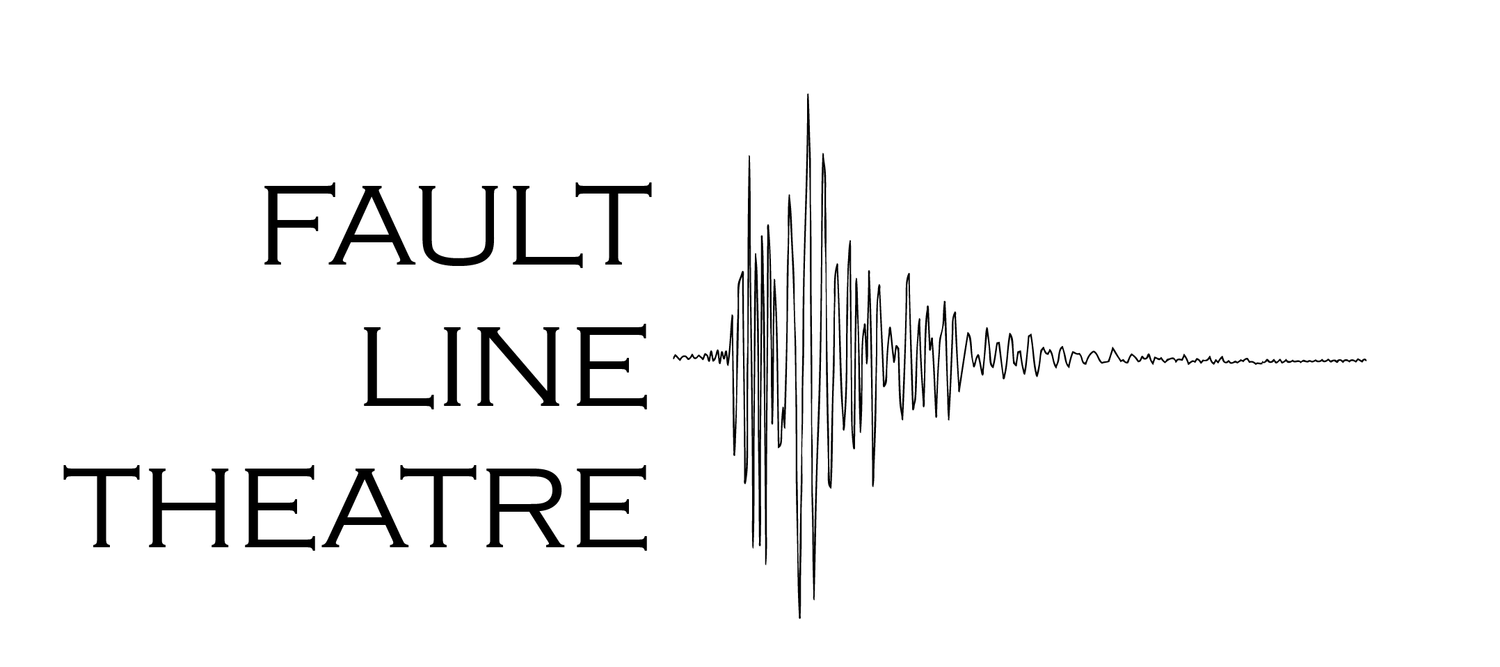Michael Perlman was interviewed by NYTheatre.com in anticipation of the opening of From White Plains. Check out his thoughts on actors, social change, and Jerome Robbins:
What is your job on this show?
Writer/Director.
When did you know you wanted to work in the theater, and why?
I fell in love with the theater at a very young age – the first show I went to was a production of GYPSY out on long island when I was four years old. And right away I was inspired by theater’s ability to transport its audiences and change them. But I remember a moment when I was a little older watching JEROME ROBBINS’ BROADWAY with my Grandmother and having the realization: “This is live! They’re doing this performance just for us, right here, right now.” And that moment changed me – I knew I wanted to be part of that.
Who is more important in the theater: the actor, the playwright, or the director?
When it comes down to it, all you really need in order to make theater happen is an actor and an audience. That’s how a story gets told. So in the most simplistic of ways, the actor is the most important because s/he is the only one you truly need. But in an ideal collaboration, no single collaborator is the most important. If it’s about the work, it’s not about what each person contributes, but the special alchemy of the collaboration that creates the full theatrical experience. As a director, I’m fully invested in making the playwright and actors feel as though they are the most important, because they’re bringing the ideas I don’t have on my own. And I hope that the actors and playwrights in turn see me as integral to their processes.
Do you think the audience will talk about your show for 5 minutes, an hour, or way into the wee hours of the night?
The great joy of our last, all too brief run of From White Plains was the conversations it inspire – not only into the wee hours of the night, but into the following days and weeks and months. Not only were people talking about the show itself, they were talking about their own lives and their own life experiences – and there is nothing more rewarding than that as an artist. Because this play asks the audience to see things from all perspectives, it also asks them to empathize with those around them and even their younger selves. So it’s a play that inspires questions and reflection – and therefore conversations continue long long long after the lights go down.
Which “S” word best describes your show: SMOOTH, SEXY, SMART, SURPRISING?
Surprising. I think people come in expecting to know what the play is and to know where their allegiances lie, but find out pretty quickly that nothing is black and white.
Can theater bring about societal change? Why or why not?
While I don’t think theater itself can bring about societal change, I do think theater can inspire its audiences to go out and bring about change. Theater serves as a mirror to society – reflecting back what its values are, where it’s heading, and what’s possible. But this is merely a reflection. If the audience doesn’t like what they see, it is each individual’s responsibility to go out and make change happen. Theater can’t do it on its own.
